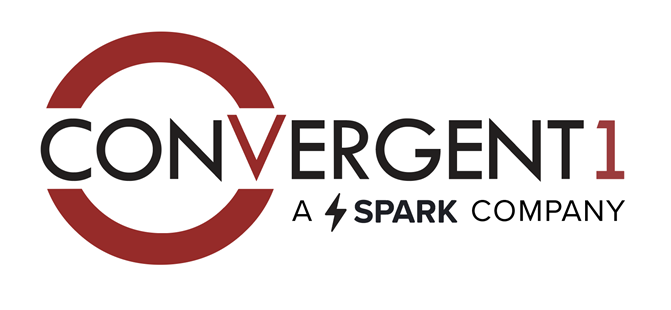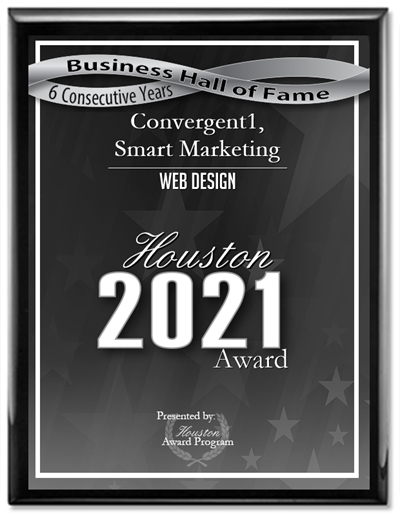Taylor’s publication The Principles of Scientific Management is a work from the early 1900s. The young engineer is said to have “converted what had been an art into a systematic, teachable approach to the study of work” (Chase, Jacobs & Aquilano, 2006, p. 375).
Taylor’s work concentrated on both workflow processes and improvements in worker productivity. Before Taylor, management was considered to be an art rather than a science. Decisions were most often made based on custom, or a rule-of-thumb, rather than on precise principles and procedures based on actual empirical evidence. Scientific management principles of Taylor’s, however, were based on command-and-control theories because, as an engineer, he believed workers needed constant close supervision.
Taylor’s work and development of the four principles of scientific management opened a whole new approach toward management principles. He has always been considered a controversial figure, but his key ideas have stood the test of time. Others continued to build off his work, such as Frank and Lillian Gilbreth best known for the use of motion studies to simplify work.
This scientific management was furthered byTaylor’s disciples, like Henry Gantt, and theorists, like Max Weber, alike. Weber first proposed the idea of bureaucratic organizations and worked to promote fairness instead of favoritism. Although he made significant contributions to the training of workers and the development of their skills and potentials, Gantt is best known for the infamous ‘Gantt chart’.
The Gantt chart is widely used today with computer usage and the internet. A Gantt chart can be used for a variety of purposes, in a variety of ways, and can appear in a variety of forms. They can be very useful for organizing goals over time, managing small projects, tracking project schedules, and much more. In addition to being able to create Gantt charts in EXCEL, there are free online tools with Gantt charts, such as:
GanttProject
OpenProj – Project Management
Tom’s Planner
There is even a free Google Chrome add-on called Smartsheet Project Management with collaborative worksheets and interactive Gantt.
It stands to reason that the final chapter in the history of scientific management has not yet been written. At Convergent1, we do not endorse using any outdated/ineffective principle, tool, or strategy. However, at Convergent1, we are very adept at recognizing just where well-known and historic principles, tools, and strategies can be applied. We also know that there are times that a brand new idea, marketing strategy, product, a redesign of the workflow process, or technology is needed.
We are very adept regarding business development, goals, and needs – including assessment, listening to your goals, strategic planning and implementation, and management. We improve the performance of your Internet investment through a combination of traditional principles, evolving trends, and state of the art technologies.
Convergent1 does website design, website development, search engine marketing, search engine optimization, video production, and much more. With the help of our MAP system and business recovery program, we apply timeless theories and new cutting-edge theories to help businesses like yours thrive.
Contact us today so we can help you run the most efficient and effective business possible!










